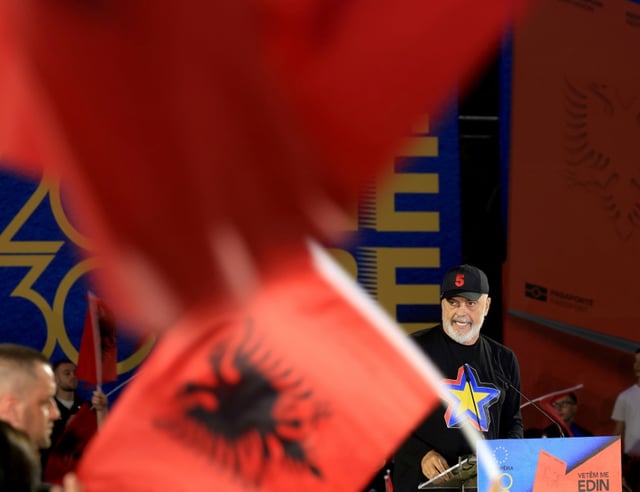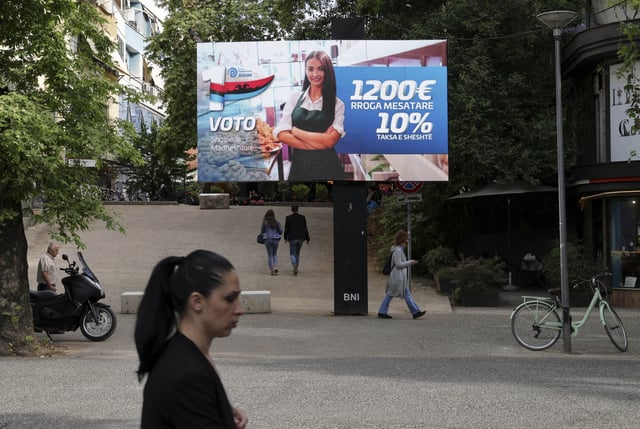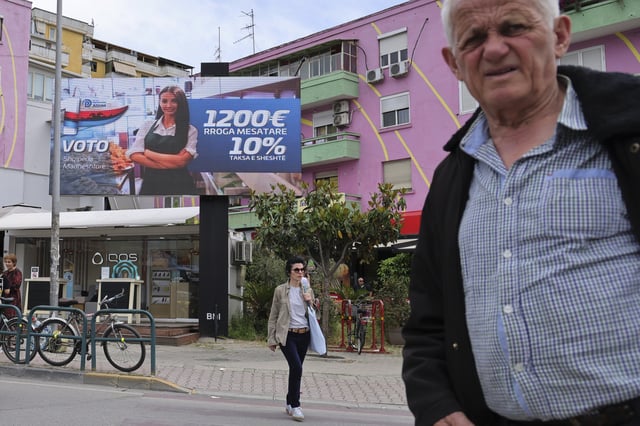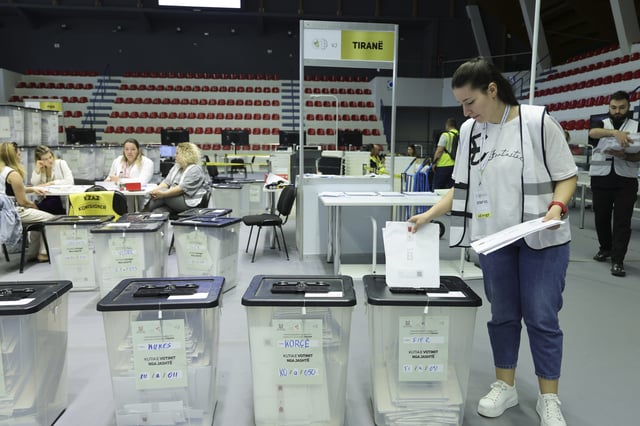Overview
- Polling stations opened on May 11 with over 2,000 domestic and international observers monitoring the process.
- Prime Minister Edi Rama, leading in opinion polls, aims for a fourth term but may require coalition support to secure a parliamentary majority.
- The election is viewed as critical for Albania's European Union membership aspirations, with both major parties pledging accession by 2030.
- The campaign has been marked by corruption scandals, including the arrest of Tirana's mayor, and opposition claims of political suppression.
- For the first time, nearly 246,000 diaspora voters are participating via postal ballots, though delays and logistical issues have been reported.



